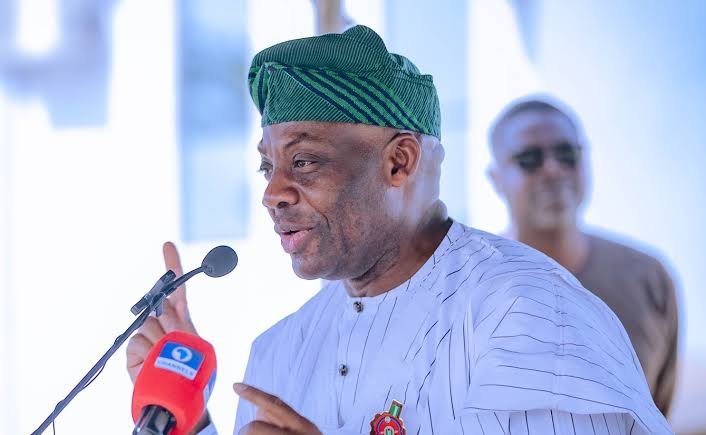THE Federal Ministry of Education, led by Minister Tunji Alausa, has announced a new directive setting 12 years as the minimum entry age for pupils enrolling into Junior Secondary School (JSS1) after completing the standard six years of primary education.
News Point Nigeria reports that the new guideline was unveiled in a comprehensive policy document on non-state schools, recently released by the ministry to streamline and standardise the educational journey of Nigerian children especially in the fast-growing private education sector.
According to the document, basic education in Nigeria will now span nine years: six years of primary school followed by three years of junior secondary school. Under this framework: “Children shall be admitted into primary one when they attain the age of six years.
“They shall be admitted into Junior Secondary School (JSS1) when they have completed six years of primary education, at around the age of 12 years,” the policy stated.
This move also aligns with existing provisions in the National Policy on Education (NPE), 2013 Edition, which outlines that nursery education should last three years, beginning from age three, with an additional compulsory one year of pre-primary education (Kindergarten) at age five.
This age restructuring implies that Nigerian students will typically reach the age of 18 before they become eligible for university or other tertiary admission, assuming no skipped classes or early promotions. This contrasts with previous patterns where some students entered university as young as 14 or 15.
While the federal government under former minister Tahir Mamman had previously set the minimum university entry age at 18, this was later reversed by the current minister, Alausa, to 16, sparking public debate. However, this latest policy may naturally lead to students entering higher institutions closer to 18 anyway.
The policy also focuses on the booming non-state school sector, private, community, religious, and other independently managed institutions that now outnumber government-run schools in many parts of the country.
According to the Nigeria Education Digest 2022, published by the Ministry of Education:
Non-state junior secondary schools outnumber public ones in at least 26 states.
Between 2017 and 2022, non-state primary schools grew by 31.56%, compared to just 3.3% growth in public schools.
At the junior secondary level, the number of private schools rose by 35.06%, while public school growth lagged at 6.8%.
The Federal Government emphasised that all schools public and private must adhere strictly to the new age benchmarks.







